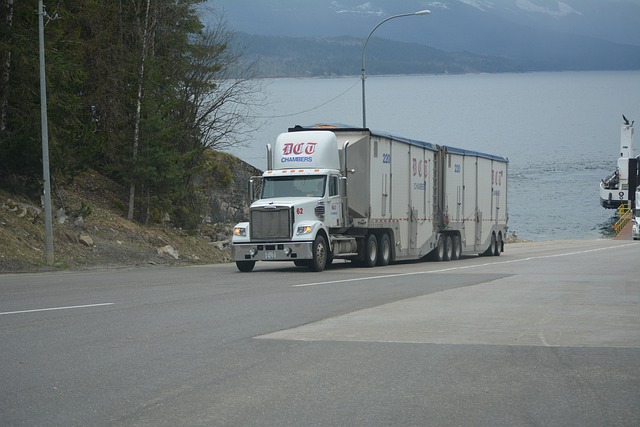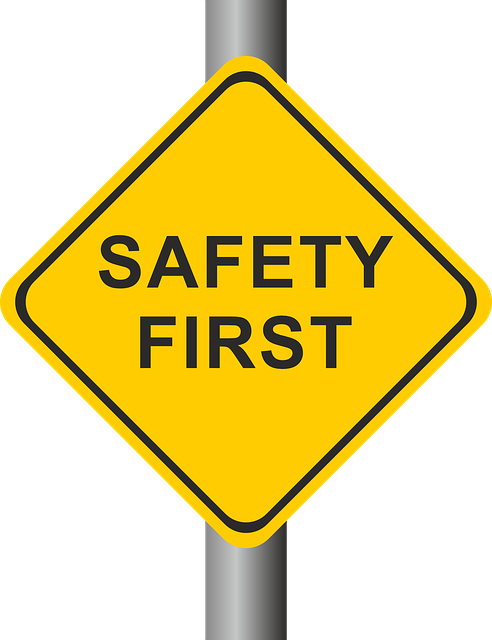Background checks, including driver screening and commercial driver verification, are indispensable for enhancing passenger safety in the transportation sector. These processes go beyond identity validation by thoroughly assessing individuals' histories to identify potential risks. Comprehensive checks prevent individuals with criminal records or reckless behavior from operating vehicles, ensuring compliance with regulatory standards. Key terms such as driver background screening, commercial driver verification, and transportation safety checks are crucial for maintaining the integrity of the industry while prioritizing passenger well-being.
“In the dynamic realm of transportation, ensuring safety is paramount. Background checks play a pivotal role in safeguarding both passengers and public safety. This article explores the critical importance of driver background screening as a game-changer in the transportation industry. We delve into the impact of comprehensive verification processes for commercial drivers, enhancing transparency and compliance. Furthermore, it highlights how passenger safety can be fortified through meticulous background checks, fostering a secure environment on the roads.”
- Understanding the Need for Background Screening in Transportation
- The Role of Driver Background Checks in Enhancing Safety
- Implementing Commercial Driver Verification Systems Effectively
- Ensuring Passenger Safety Through Comprehensive Background Checks
Understanding the Need for Background Screening in Transportation

Background screening is a critical component in ensuring the safety and security of both passengers and goods within the transportation industry. With millions of individuals holding driver’s licenses and operating commercial vehicles, the potential risks associated with unchecked backgrounds are significant. Unscrupulous individuals can exploit these systems, posing as legitimate drivers or hiding criminal records, leading to dire consequences. Therefore, implementing robust background checks in transportation, such as driver background screening and commercial driver verification, is paramount for maintaining order and preventing misconduct.
Transportation safety checks, including passenger safety background checks, are essential to mitigating risks that could compromise public safety. Vehicle operator screening processes help identify individuals with a history of violence, substance abuse, or other dangerous behaviors, ensuring they do not gain access to the driver’s seat. Moreover, these measures support transportation industry compliance with regulatory standards, fostering an environment where safety is prioritized above all else.
The Role of Driver Background Checks in Enhancing Safety

Background checks play a pivotal role in enhancing safety measures within the transportation sector, particularly when it comes to commercial driver verification. These thorough screenings serve as a robust defense against potential risks and misconduct by allowing transport companies and regulatory bodies to identify and mitigate risks before individuals gain access to vehicles or operate in sensitive roles. By implementing comprehensive driver background screening processes, the transportation industry can ensure compliance with safety standards and regulations.
In the context of passenger safety background checks, these screenings help prevent individuals with a history of violent behavior, substance abuse, or other criminal activities from operating vehicles that transport vulnerable passengers. Transportation operators can thus foster an environment where passenger safety is paramount. This proactive approach to vehicle operator screening not only complies with legal requirements but also instills public confidence in the transportation industry’s commitment to vigilance and responsibility.
Implementing Commercial Driver Verification Systems Effectively

Implementing Commercial Driver Verification Systems Effectively is a strategic move for enhancing transportation safety and maintaining industry compliance. Background Checks in Transportation play a pivotal role in ensuring that individuals operating commercial vehicles meet stringent safety standards. By integrating robust driver background screening into their protocols, transport companies can mitigate risks associated with potential misconduct or unsafe behavior. These checks extend beyond simple identity verification to include comprehensive assessments of an individual’s history, thereby identifying any red flags that could compromise passenger and vehicle safety.
Commercial Driver Verification Systems must be meticulously designed and consistently applied to ensure maximum effectiveness. This involves rigorous data validation processes to prevent fraud and ensure the accuracy of information gathered from various sources. Transportation industry compliance depends on these systems’ ability to adapt to evolving legal requirements and security standards, ensuring that every driver undergoes thorough passenger safety background checks before gaining access to sensitive operations.
Ensuring Passenger Safety Through Comprehensive Background Checks

Comprehensive background checks are an indispensable tool in ensuring passenger safety within the transportation industry. By implementing rigorous driver background screening processes, transportation companies can mitigate risks associated with employing individuals who may pose potential threats. These checks extend beyond basic identity verification to uncover any criminal history, previous employment discrepancies, and other relevant information that could impact a driver’s fitness to operate a vehicle.
Passenger safety background checks play a pivotal role in maintaining the integrity of the transportation sector. Commercial driver verification ensures that those operating vehicles are trustworthy and have met the necessary legal and ethical standards. Transportation safety checks, as part of a broader vehicle operator screening program, help identify individuals with a history of reckless driving, substance abuse issues, or other conduct that may endanger passengers and other road users. Through such measures, the transportation industry can achieve compliance with regulatory standards while fostering an environment where passenger well-being is paramount.














